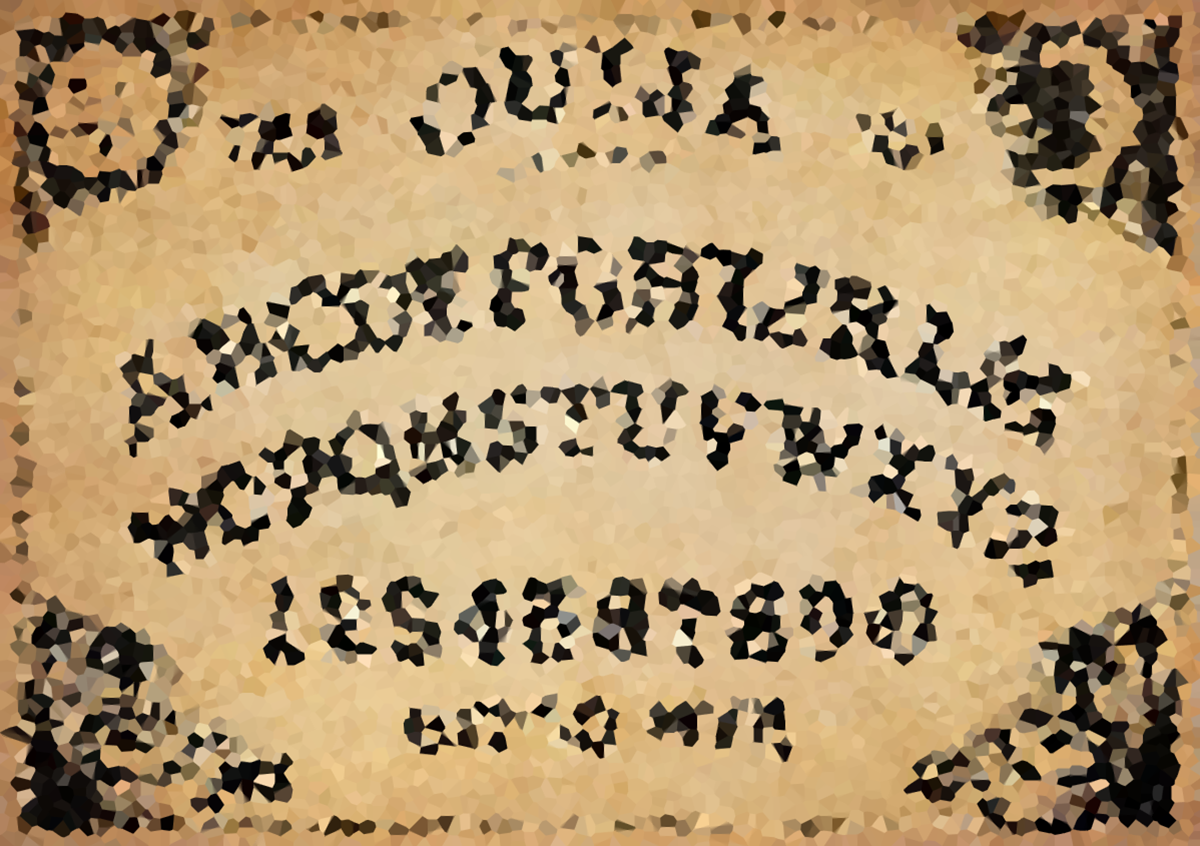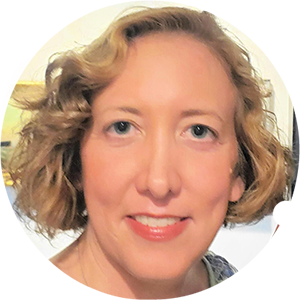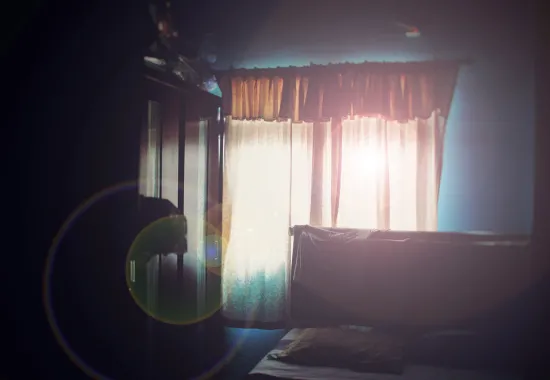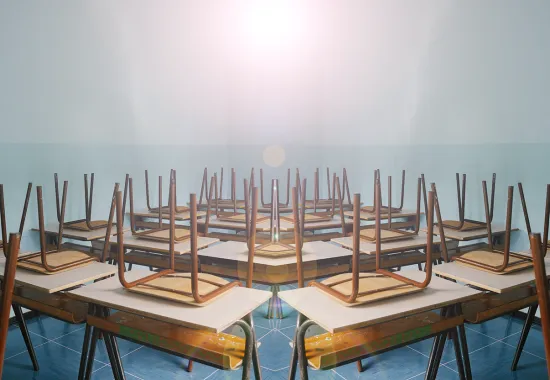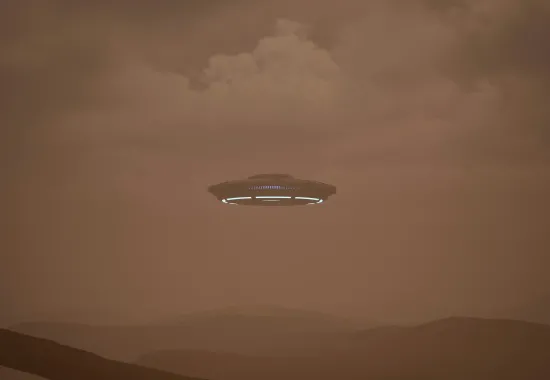Twenty-Five Percent
One in four people cannot be hypnotized, and I am one of them. I have never been good at visualizing things, of picturing what people want me to see when my eyes are closed. I cannot fix myself on an imaginary white light; I can’t bear to feel my mind vaporously tethered to what stays below. Scientists don’t know what to do with people like me, those of us who guard our secrets. We are either very smart or stupid. These are the people who lack imagination. These are the people who cannot trust. I remember the first time I failed: age twelve, a sleep-away camp for the gifted. One night my troupe was led from our beds to a lounge where a camp counselor promised us hypnosis, a way to escape. First time away and I wanted to go home—I cried in bed all week, knees tucked to chest. In the lounge, the counselor’s voice a susurration of leaves: Imagine a hot air balloon. Picture yourself inside the basket. Picture the balloon tethered to the ground. Picture the rope straining to break. Picture the ground a checkered tray beneath you. I saw none of this. Instead I thought of my mother, the chain-link fence surrounding our Midwestern two-story. While my troupe fell asleep, I waited for the minutes to end, pretended to startle when the counselor snapped his fingers.
For me it has always been thus: Prayer is recitation, not communion. Meditation is for monks. I’ve never seen ghosts. I don’t know what it means to go into a trance. I almost never sleep. In college, already beset by intractable insomnia, I sought a cure: hypnosis conducted by a famous guru on a stage in front of hundreds. In front of the crowd, the hypnotist got one boy to approach the microphone, suck in his breath and sing “Mary Had a Little Lamb” in falsetto. Another girl fell into such a stupor that she slid from her chair. I sat there, eyes closed, unable to conjure the white light, the red balloon, the unwinnable darkness. The hypnotist returned me to my seat, saying I wasn’t someone he could work with. No matter that I wanted to sing nursery rhymes with no memory of this embarrassment. I wanted to sleep at night, to gaslight myself into believing the world would be better when I awoke. Instead I found other ways, chugged Benadryl on nights before exams. A junior smuggled me vodka so I could see behind the stars. The years ahead would unfurl that way: alcohol mixed with Xanax, Ambien. Luckily I was never prescribed Oxy—I’d be dead now. I don’t judge coal miners and firefighters who were made to gauge their pain using the frowny-face scale. All they wanted was release, a trance that didn’t require trust.
Then it divulged my secrets: I was untruthful. I distrusted everyone I knew. In three years I would die. Inexplicably, I would also have five children. Somehow, I’d be famous.
If insomnia is its own ghost then I am haunted. Sixteen years old, at my best friend’s birthday party, I played with a Ouija board—or tried to, not knowing that my unhypnotizable mind wouldn’t allow my fingers to move the planchette. We’d hoped to reach Charlie K., a senior boy who’d died of cancer a month before. No one knew he was sick—not his parents, not anyone. One solstice night he had a stroke, collapsing in his living room. He was rushed to the hospital, too late: The leukemia had reached his brain. I didn’t know him, but my friends did because he played in the marching band with them, the trombone. After Christmas break the school held Mass for him in the gymnasium. The marching band, seated in folding chairs, played “Gentle Jesus, Meek and Mild.” Our parents reassured us that what happened to Charlie K. wouldn’t happen to us, but quietly they took us for CT scans, bloodwork, worried that the secret that killed Charlie K. lurked in us all.
In Birthday Girl’s basement, Sara told us she’d spoken to Charlie K. at a previous séance where he told those in attendance he loved us, he missed his girlfriend. Now she cajoled the board, swirling the planchette in large figure eights, saying his name. When I placed my fingers on the planchette alongside hers, it stopped moving, still as windowless air, my ideomotor dead inside me like a miscarried twin. I removed my fingers; it started again, darting from yes to no to I am still here. “Why won’t you talk to Kristi?” Sara called out to Charlie K. “Is it because she wasn’t your friend?” Kristi is too good, it replied, seeming to recoil. Then it divulged my secrets: I was untruthful. I distrusted everyone I knew. In three years I would die. Inexplicably, I would also have five children. Somehow, I’d be famous. That night, alone in the bathroom, I knew we hadn’t spoken with Charlie K.—of this I was certain—and wondered why being good was no comfort.
All this I forgot just like I forgot you, Charlie K., and all this came back to me on a sun-splayed afternoon in 2019 as I searched the Catholic cemetery for my grandparents’ plot. One wrong turn, and then another, and there was your headstone: 1977-1995. Not enough for me, not enough for you, but better than the obituary our yearbook gave you: He played the trombone but preferred the music of Oasis; he was unique; he wore his hat backward and never found the time to tuck in his shirt. Your black-and-white yearbook photo an answer to your classmates’ glossy senior portraits, call-and-response to their litany of life. I snapped a photo of your headstone. That night, I checked my phone to find my shadow overlaying your grave, thin and endless, a vaporous rope. I, a childless forty, you forever seventeen. Nothing between us but light and ground, nothing but what waits for me, someday: the never-after of stopped breath, the prickling silence of what happens when we close our eyes for good, stop looking for something we can trust.
Recommended
I Have Only Dreamed You Dead, For Now.
Encounter
Schizophrenic Sedona


